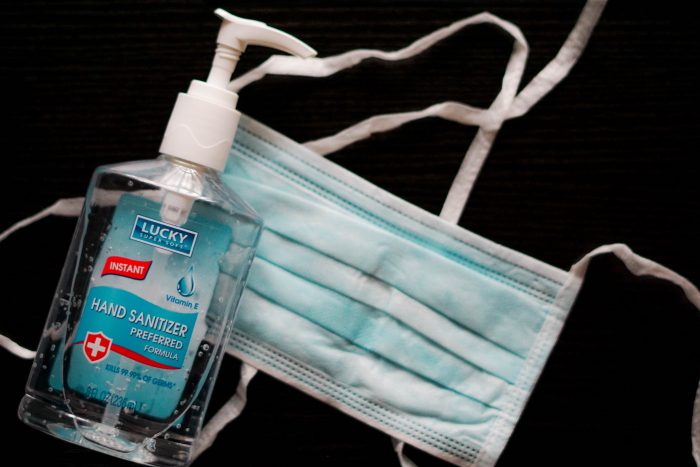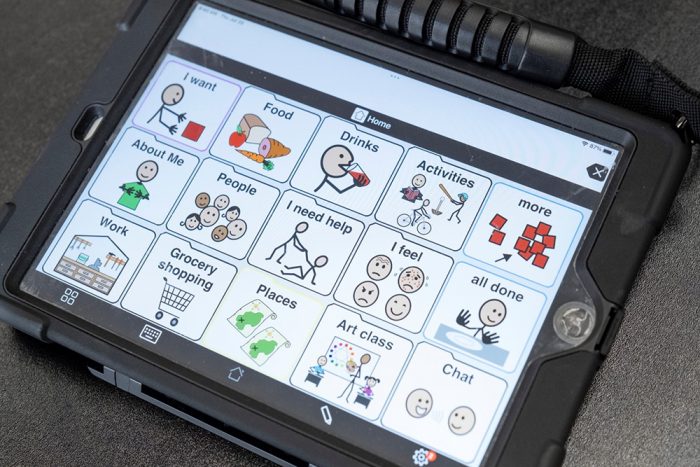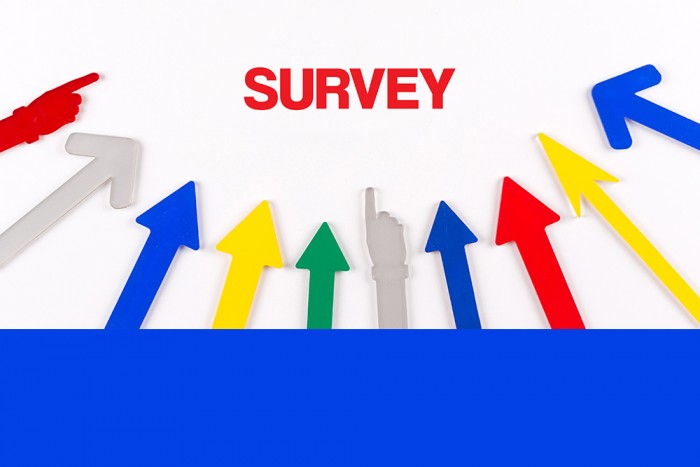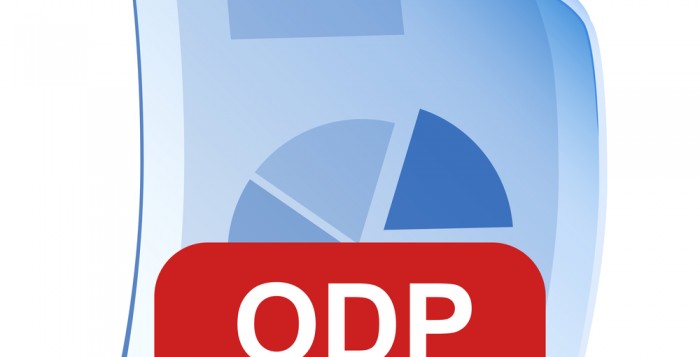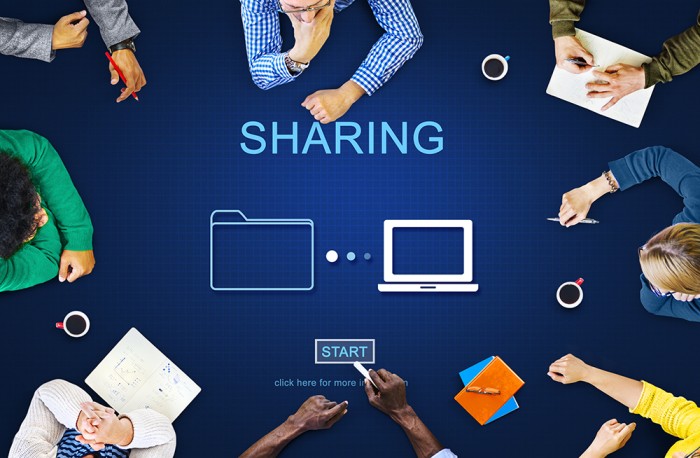The Office of Developmental Programs (ODP) has shared the Medication Administration January – March 2026 Train-the-Trainer Face-to-Face schedule in ODPANN 25-112.
You may register for one of these sessions after completing the course materials in the Train-the-Trainer course on MyODP’s Medication Administration website. Please see the communication for training dates and more information.











